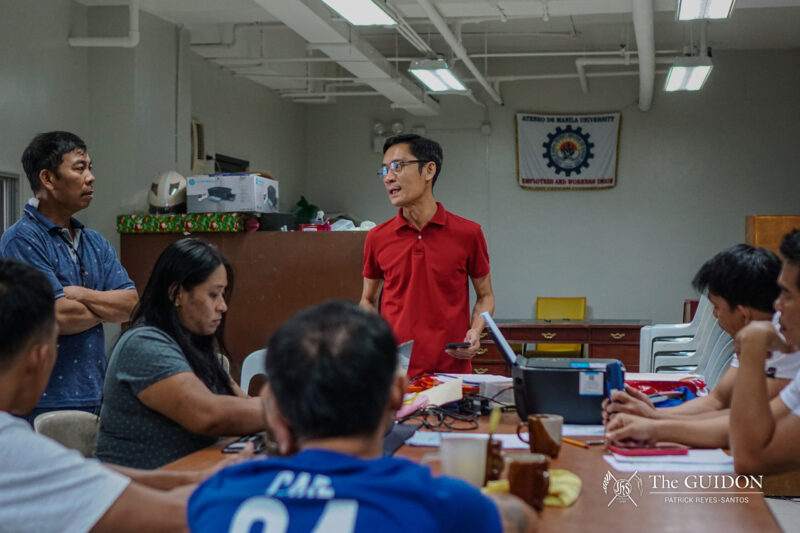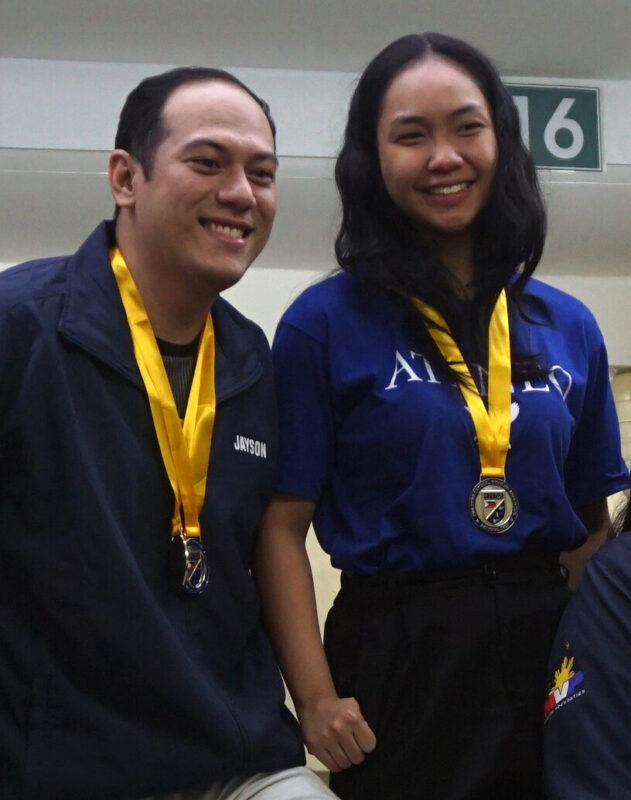THE SANGGUNIAN Central Board (CB) has announced its opposition to House Bill (HB) 6052 in an official statement released on July 20.
The bill proposes to amend Republic Act (RA) 9344 or the Juvenile Justice and Welfare Act of 2006, mainly by lowering the age of criminal liability to 12.
RA 9344 covers prevention, rehabilitation and reintegration for children at risk and children in conflict with the law.
As indicated in the official statement, the Sanggunian recognizes the objective of the bill, which promotes accountability for heinous crimes such as rape, homicide and murder.
However, the Sanggunian believes that the bill will “have unintended consequences” to young children. Those who are victims of criminal syndicates would take accountability even though the crime committed was forced.
“Even if the bill lowers the criminal liability age to 12, these children will be brought to conditions [which do not help to] improve their moral capacities, their ability to change, and to have a complete turnaround,” Sanggunian President Gio Alejo said.
Meanwhile, Sanggunian Vice President Ian Agatep said, “In the statement, lowering the criminal liability age doesn’t necessarily translate into better children. Is the bill trying to say that Republic Act 9344 is not working?”
More problems
Based on the official statement of the CB, RA 9344 provides that minors who commit crimes are not to be absolved. If a child is found guilty, he is to serve his sentence once he turns of legal age. The child will be sent to rehabilitation centers, but since local government units do not strictly implement the law, children are instead brought to regular penitentiaries.
The CB argued that “serving sentence in jail will not rehabilitate these children, but with the harsh environment of these correctional facilities, the child will only harden the conflict with the law and influence him to follow his fellow convicts’ ways.”
Alejo said, “Imprisoning a child won’t help. It will only make more children go to [prisons], because obviously, when the criminal age is lowered, there will be a lot more who will go there.”
“The child won’t learn to change, but instead, he will be more exposed not only to the world of the convicted, but also to harsh conditions such as the food and shelter [in the prison system].”
Factoring in discernment
The School of Social Sciences (SOSS) Sanggunian also released its own statement opposing HB 6052 last July 18. The SOSS Sanggunian questioned how discernment is done.
“The State’s understanding of pre-meditation is confused—the bill presumes a child’s ability to make a ‘discerned choice,’ which is the capacity and intent to commit a crime,” the SOSS Sanggunian reasoned in its official statement.
“It endangers the life of a child, and it further perpetuates the institutional violence caused by our unjust structures prevalent in our society.”
SOSS Chairperson Toni Potenciano said, “The bill makes no sense to incarcerate a child of 12 years because the bill presumes that a child is criminally liable. If a child is found criminally liable, it means he acted with discernment.”
“This whole presuming of discernment is a violent way of reasoning because the child is presumed to do crimes with discernment such as homicide, parricide and rape. The bill doesn’t take into consideration where the so-called ‘discernment’ is made.”
As written in “The Convention on the Rights of the Child and the Philippine Legal System,” which was published 1997 by the Ateneo Law School and the Adhikain para sa Karapatang Pambata (AKAP) of the Ateneo Human Rights Center, the term “discernment” refers to not only the “mental capacity to understand the difference between right and wrong” but also “the capability of appreciating the nature and consequences of an unlawful act.”
It is said in the published work that the person must possess the “intelligence, intent and freedom of action” in performing a criminal act in order to be considered criminally liable.
Refocusing solutions
Potenciano said that the SOSS Sanggunian, together with the Ateneo Human Rights Center, has already written its position to the Senate in an attempt to dissuade it from passing the bill.
In line with the official CB statement, the Sanggunian is calling on the government to have a stricter and fuller implementation of RA 9344, to counteract motivations to commit misdeeds and to shift its focus on improving basic social services for the marginalized sectors.






